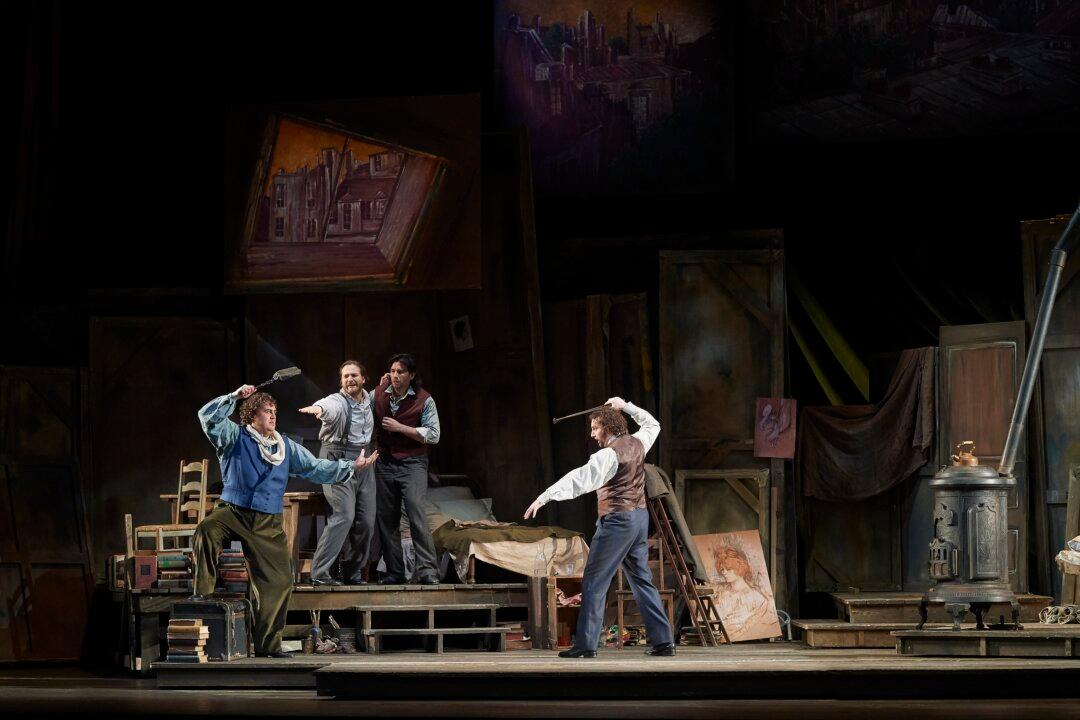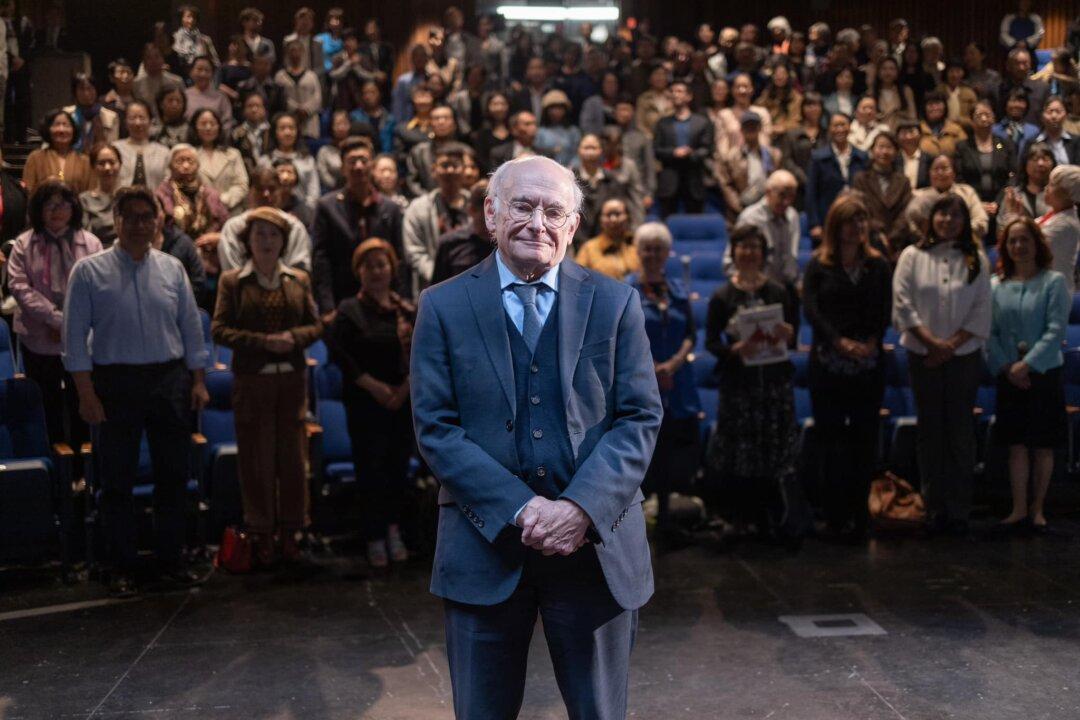One day, while walking down the corridor of the seminary where he was studying to become a priest, Joshua Guerrero heard a choir singing sacred music. It was John Rutter’s “The Lord Bless You and Keep You.” The song resonated with him deeply.
“I thought it was absolutely gorgeous and wanted to sing it,” he said.





